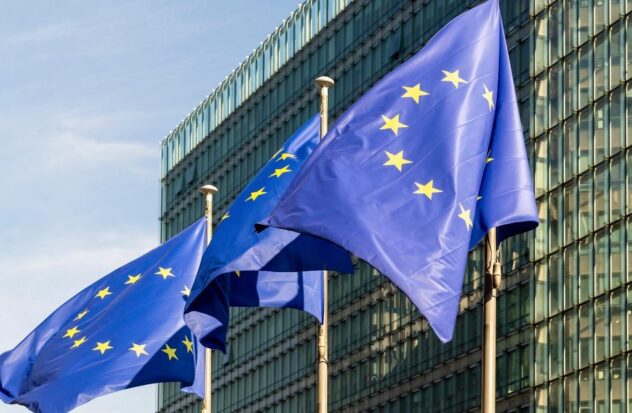BRUSSELS.- The Prime Minister of Estonia, Kaja Kallas (liberal) will take charge of European foreign policy, replacing the Spanish socialist Joseph Borrell The “Iron Lady” of the Baltic is one of Vladimir Putin’s most vocal critics and a staunch anti-communist. She has every chance of neutralising Brussels’ collusion with the Havana regime, but will her credentials count for anything?
“The election of Kaja Kallas brings objective and critical thinking, with moral coherence to the international vision of the European Union. It is a success,” said Orlando Gutiérrez-Boronat, secretary general of the Assembly of the European Union. Cuban Resistance. Meanwhile, Elena Larrinaga, president of the Christian Democratic Party of Cuba, considered that with her profile “there would be more sensitivity towards democratization in Cuba,” reports the web portal Cuban Diary.
“With Kallas it opened a possibility of greater and better understanding of the role that Cuba is playing in supporting Russian imperialism, and the consequent importance of betting on the empowerment of the Cuban democratic field,” Larrinaga said.
The next head of European diplomacy is the daughter of Siim Kallas, one of Estonia’s most prominent figures in the period after independence in 1991, a process she experienced as a child, recalls CIDOB, the Centre for Research in International Relations in Barcelona.
“I have no doubt that he will understand us Cubans much better. His career is marked by resistance to the USSR and Russia, from anti-communist parties, while Borrell’s is marked by resistance to the Franco dictatorship, from a socialist party,” said Juan Antonio Blanco, president of the think tank Cuba Siglo 21.
Yaxys Cires, Director of Strategies of the Cuban Observatory for Human Rights (OCDH), admits that Kallas “has been key in European support for Ukraine”, but also that “little is known about his vision with respect to Latin America.”
Kallas is today one of the most forceful voices against Russian expansionism. The Kremlin has put him under arrest for “destruction and damage to monuments of Soviet soldiers.” The official Cuban press accuses her of practicing “anti-Russian rhetoric.”
“All these things must weigh heavily when it comes to the EU’s foreign relations with the Cuban dictatorship. It could be very positive. We will wait and see how events develop,” says Sayde Chaling-Chong, president of the Ibero-American European Alliance against Communism.
Due caution
Personal profiles are important—Borrell has led the “guava pastry policy” without opposition or counterweights—but we must not forget that the external approach is defined by the European Council and is shaped by all countries. Given the economic and ideological interests of Spain and other governments, sectors of exile are optimistic, but at the same time cautious about the practical scope of the election.
“It is not good to be a fortune teller. He belongs to Renew Europe, a political family that, in the European Parliament, together with the Popular Party and the conservatives and reformists, has given overwhelming support to the cause of freedom for the Cuban and Venezuelan people. and Nicaraguan,” reflects Cires.
For Roberto Veiga, director of the Cuba Próxima ideas laboratory, Kallas should “contribute to the establishment and management of a European policy towards Cuba, which has been lacking.”
Source: With information from Diario de Cuba


